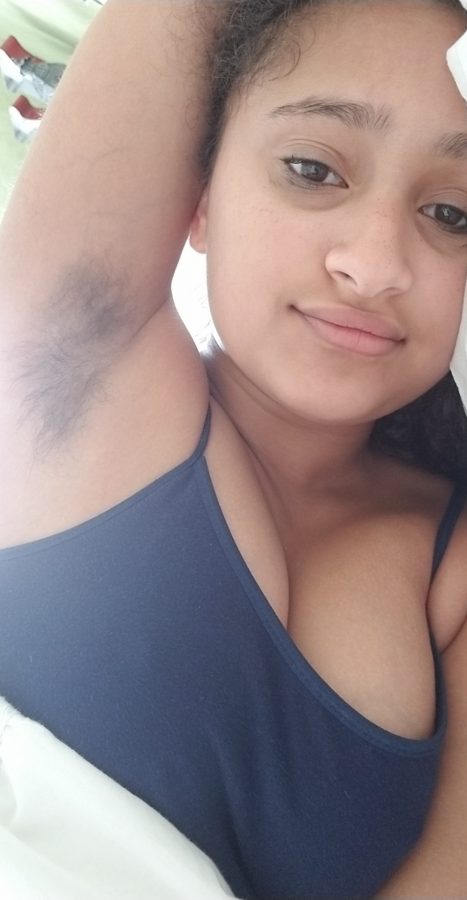Let’s talk about body hair. For some, it can symbolize a stand against traditional gender norms. For others, it means adherence to cultural values. Some don’t spend too much time thinking about it at all. While #NoShaveNovember and #JanuHairy have passed, the normalization of body hair is becoming much more than a month-long practice.
Steinhardt first-year Sarah Cohen explains that while pubic hair is often attacked with razors and scissors, other areas of the body are seen as more socially acceptable to be left naturally hairy.
“It’s the area that people are more conscious of when talking about [body hair],” Cohen said. “Arm hair or hair on your back, you’re not really managing. It’s not an active choice you’re making.”
Oftentimes, the cultural implications of age and sexual maturity encoded in body hair correspond to binary gender roles.
“Shaven individuals are depicted as younger, more innocent, more immature in some ways,” CAS senior Han Lu said. “Women are sexualized for being younger and more prepubescent, which is [kind of] crazy. As a result of that, if you wanted to pursue a more effeminate route, you’re probably more likely to shave, as well as vice versa.”
Lu also explained how cultural attitudes toward race factor into the choices people make about their grooming habits.
“I know for a fact that I am stereotyped — my race can be indistinguishable from prepubescent men, when you’re comparing Asian males to any other race,” Lu said. “You can see significantly less body hair in general. I know that I’m looked at as sort of nubile.”
Gallatin sophomore Sophie Altman said her ethnic background has shaped her views on body hair.
“I never really thought of it except for in regards to being Jewish,” Altman said. “Jews just tend to have more body hair, and I joke about it a lot with my Jewish friends.”
Decisions about body hair can also stem from conceptions about hygiene. It is commonly misconstrued that more body hair means being less sanitary.
Steinhardt sophomore Yawen Lu disagrees with the idea that body hair directly relates to hygiene.
“I think it doesn’t really have any correlation,” Lu said. “If you clean yourself well, then you’re clean. Even if you do shave, if you don’t clean, then you’re still messy.”
Whether based on physical appearance, cultural background or ideas about hygiene, the decision to shave or not to shave is ultimately up to the one holding the razor.
“I just do what’s good for me,” Cohen said. “Just do what makes you happy when you look in the mirror.”
A version of this article appeared in the Monday, Feb. 25, 2018, print edition.
Email Kylie Marsh at [email protected].
























































































































































